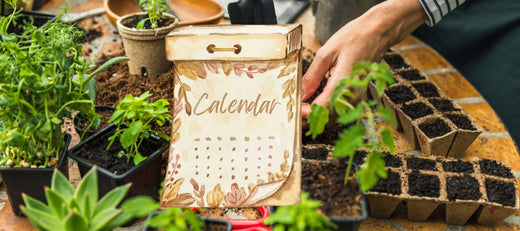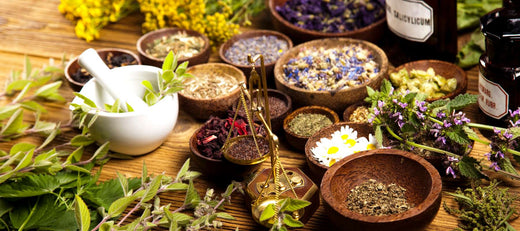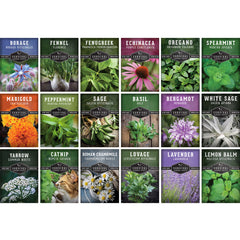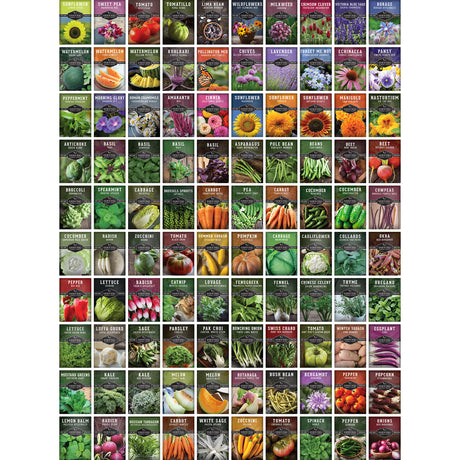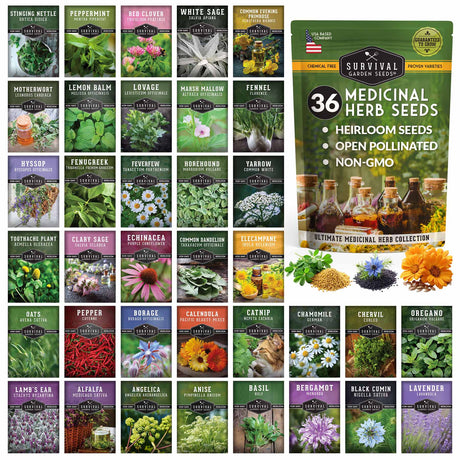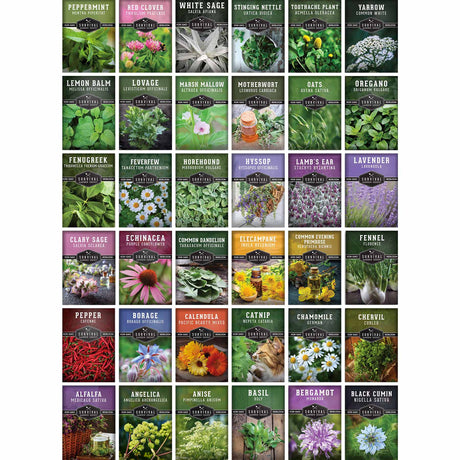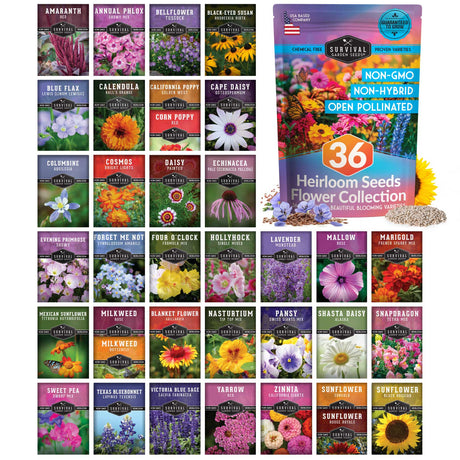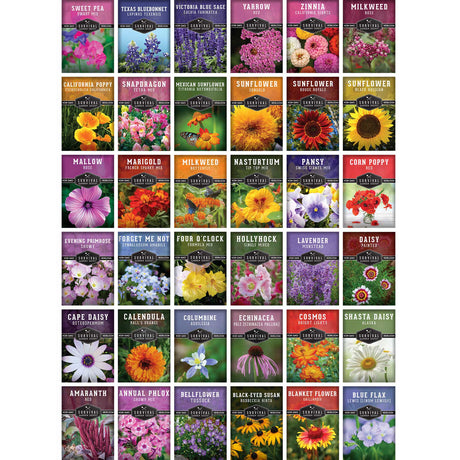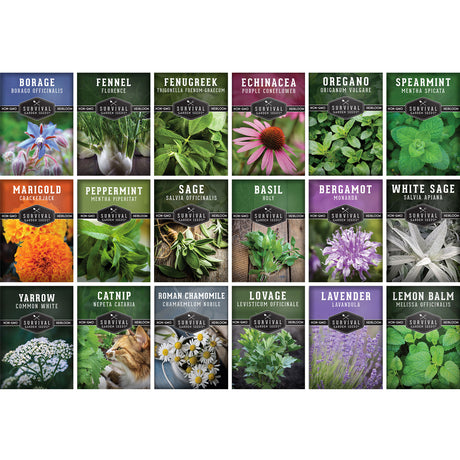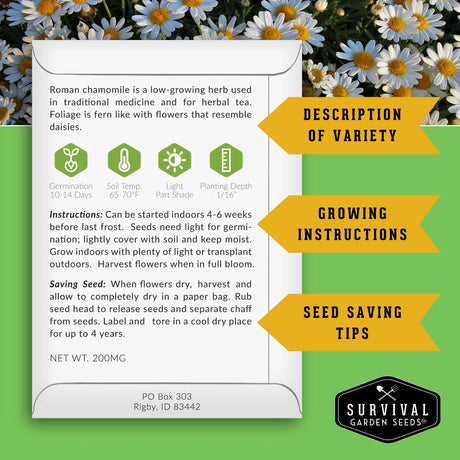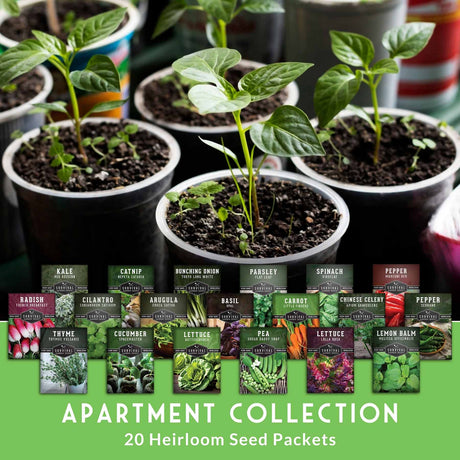
Ugh, squash bugs.
We all hate them, with good reason. They’re a huge pain to get rid of, especially once they’ve become adults. Let’s talk about ways to control and prevent a squash bug problem in your garden. The squash plant is their host, but these pests also feed on melons and tomatoes. They damage the plants by sucking the sap out of your plant's leaves leaving holes that affect the flow of water and nutrients. It’s important to get them under control.
As tempting as it may be, a flame thrower is not your best bet for killing these pests. How can a gardener get rid of them without resorting to scorched earth measures?
What is a Squash Bug?

Adult squash bugs (Anasa tristis) are large flattened insects, usually about 5/8 inches long with alternating brown and orange stripes on their abdomen. Their nymphs (junior versions) are usually greyish with black legs.
What are some natural solutions for squash bugs?
We know, insecticides are always there as a last resort, but they can harm pollinator populations, and they require repeat applications. For the survival gardener, there’s also the health of the overall garden and the availability of products to consider, too. Let’s look at some ways to keep these bugs out of your garden, naturally.
Prevention
Make sure your garden is as unfriendly as possible to squash bugs. These pests overwinter under plant debris, so autumn removal and cleanup of old squash vines are keys to keeping your garden free of squash bugs. Loose mulch, like straw and hay, should be removed as well, since squash bugs will shelter there. Rotate your crops annually to prevent squash bugs from becoming established in one area. This will also help to reduce the overall population of squash bugs in your garden.
Companion Planting
In general, growing a mixture of plants makes it harder for pests to take over your garden. There are two essential questions to consider when choosing companion plants to control squash bug populations:
What plants deter squash bugs? Marigold and nasturtium are our must-haves for deterring squash bugs (as well as cucumber beetles). These plants have been shown to reduce both the number of squash bugs and the damage they can do.
Does anything eat squash bugs? Various species of hunting spiders and tachinid flies feed on squash bugs. To attract these beneficial bugs, plant herbs, and flowering plants among your vegetables. Great choices include catnip, bee balm, and mint.
Physical Barriers
Row covers or screens will prevent squash bugs from getting to the plants. Since there’s usually only one generation of squash bugs a year, you may be able to avoid them completely by covering your plants at the beginning of spring. Be sure to remove the covers when the plants bloom because they need pollination from bees to produce squash.
Manual Removal
Handpicking is a lot of work, but it’s very effective, especially when done early. Inspect your plants frequently for signs of squash bugs and remove them by hand. Check the undersides of the leaves for adults, nymphs, and egg masses. Squash bug eggs are pale yellow or bronze. You can use duct tape to remove them or you can scrape them off the leaves and crush them. Let the eggs fall to the ground, and beneficial beetles will do the rest of the cleanup. You can also use a garden hose to spray adults and nymphs with water and then kill them.
Do squash bugs bite humans? Are squash bugs harmful to humans? No, squash bugs won’t harm humans in any way. Unlike cucumber beetles, squash bugs do not carry diseases. You are safe to remove these bugs by hand with no worries.
Does dishwashing soap kill squash bugs? Some people say this method kills squash bugs, but it can also damage your plants. It’s better to hand-pick adults and nymphs from plants and drop them into a bucket of soapy water you made with that dishwashing soap. Once they’re dead, you can dump the water anywhere without any harm.
Neem oil
This natural pesticide won’t kill adults, but it will reduce the egg production of those adults. Although some choose to avoid neem oil altogether, it is not as harmful as many synthetic choices out there. To use neem oil, spray the underside of the leaves as egg prevention.
These little creatures can mean big frustration for gardeners, but with diligence, you can win the fight against squash bugs. These strategies will help you not only take care of your garden this year, and will also keep the population of these harmful pests under control for future growing seasons.

Squash bug image credits:Christina Butler from Georgia, United States, USA, Pollinator at English Wikipedia,Bdm25 CC BY 2.0, via Wikimedia Commons

